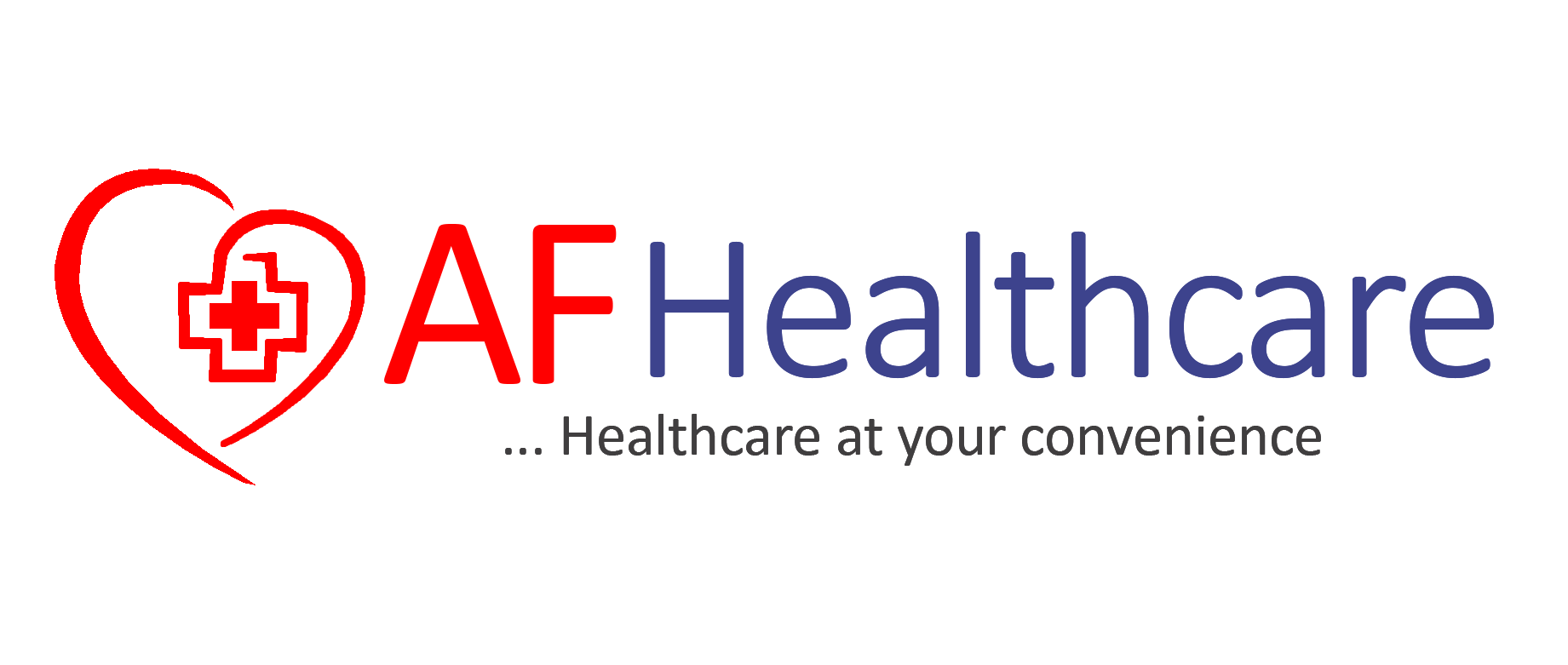- Saturday – Monday 24Hrs
- Tuesday – Thursday 24Hrs
- Friday – Saturday 24Hrs
- Sunday – Thursday 24Hrs
- Monday – Friday 24Hrs
Our Services
Opening Hours
Contact Info

Access effective healthcare delivery through our onsite point of care testing system.
Speak to our health service expert today!
What Does Point Of Care Mean?
Point of care“ testing (POCT), also known as bedside testing, involves any type of diagnostic test that isn’t done in the laboratory. More specifically, this type of testing is performed as close as possible to the patient, be it at their bedside or near them — hence the name “point of care”.

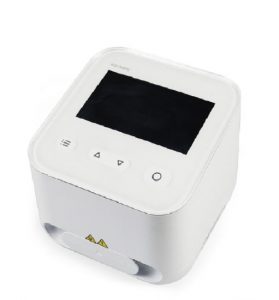
What is point-of-care testing?
Point-of-care (POC) or with-patient testing allows physicians and medical staff to accurately achieve real-time, lab-quality diagnostic results within minutes rather than hours. Through the use of portable blood analyzers, testing at the “point of care” streamlines the diagnostic process and helps ensure patients receive the most effective and efficient care when and where it is needed.
What are the advantage of Point of care testing for Nigerians?
Testing at the “point of care” streamlines the diagnostic process and helps ensure patients receive the most effective and efficient care when and where it is needed.
POC testing enables staff to make rapid triage and treatment decisions when diagnosing a patient’s condition or monitoring treatment response.
It allows users to improve efficiencies and productivity; simplify processes and procedures.
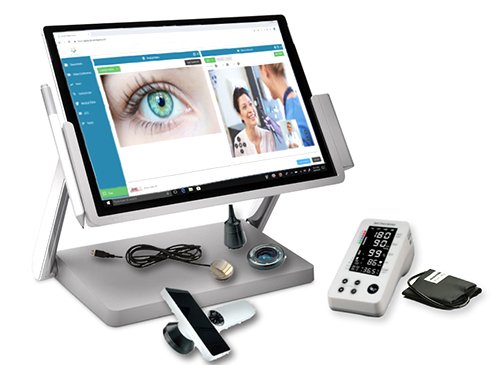

What parameters can be tested using point of care testing?
Depending on the type of test performed, POCT can be used either by a civilian (for personal use) or inside a health facility.
Tests that can be carried out include: urine analysis, Blood analysis, ultrasound scanning, cardiac abnormalities detection, body examination.
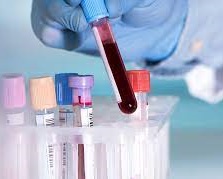
Blood Analysis
This records the number of White Blood Cells (WBC) and its components in your body.
Its records parameters such as:
– White blood cell count.
– Lymphocytes.
– Monocytes.
– Neutrophils.
– Eosinophils.
– Basophils.
N3,000

Urine Analysis
It is used for the diagnosis of the
following conditions:
– Urinary tract infections.
– Kidney disease.
– Diabetes.
– Dehydration.
– Liver disease.
N1,500
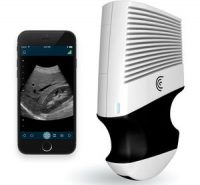
Ultrasound Scan
This imaging system is used for the non-invasive scan to examine internal structures like:
– Abdomen.
– Bladder.
– Heart.
– Lung.
– Musculoskeletal system.
– Prostate.
– Superficial organs.
– Vascular system.
Also used in Obstetrics
and Gynecology.
N10,000
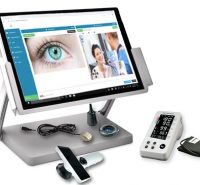
Telemedical Unit
– Cameras for bodily examination
– Ear, Nose, and Throat Probe.
– Blood pressure.
– Body Mass Index.
– Spirometry Test.
– Pulse.
– Temperature.
– SpO2 (Oxygen Saturation).
– Video Consultation with our network of specialists.
N3,000
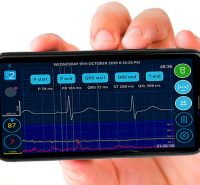
Electrocardiagram
This portable and comfortable device is used to detect cardiac abnormalities through:
– Rest ECG.
– Ambulatory ECG.
– Stress/Exercise ECG.
N5,000
